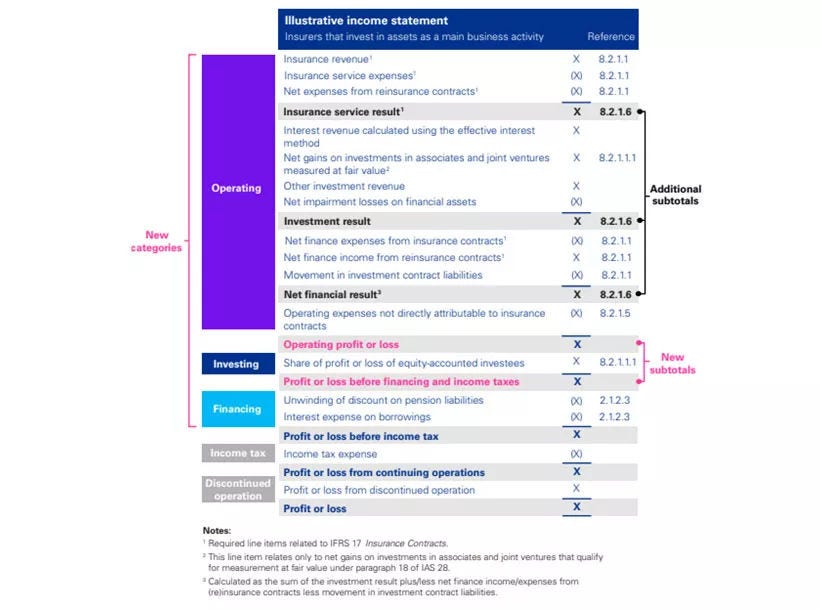Whether you are a (re)insurer reporting under UK/Irish Generally Accepted Accounting Practice (‘UK/Irish GAAP’) or International Financial Reporting Standards (‘IFRS’) there are forthcoming changes under each financial reporting framework that may have an impact on your entity. This article focuses on some of the key changes under each framework [1].
By understanding the changes that will impact your entity and being clear on what changes need to be implemented you can ensure that compliance with the new requirements is achieved on time and financial reporting integrity is maintained.
As with all change projects, the earlier you start the better- this gives you time to make informed accounting judgements, gather data, implement system changes, undertake dry runs and engage with stakeholders to ensure the information you are producing is sufficient to meet all your financial reporting needs. Remember, a successful transition is not just about compliance—it's an opportunity to enhance your financial reporting processes and provide more valuable insights to stakeholders.
This article will help you understand the key new requirements under each framework, how they could impact your entity and what you should do next.






